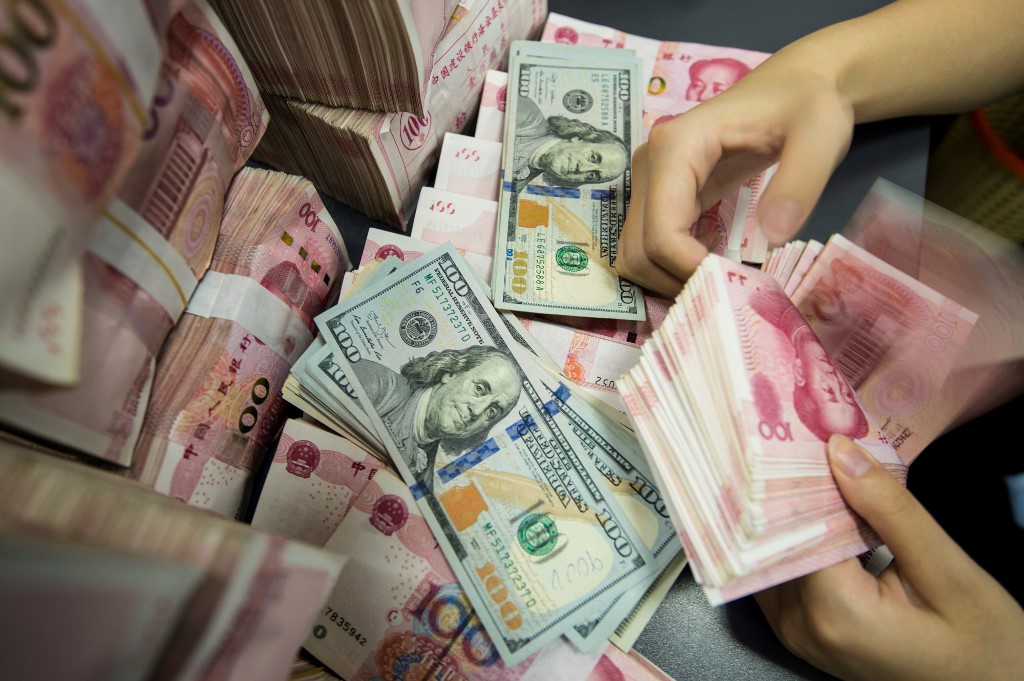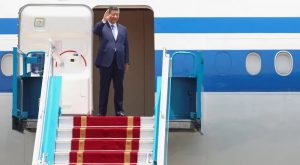(ATF) Numerous concerns have been raised about the recommendation of China’s central bank to establish a yuan exchange-rate futures market.
The People’s Bank of China issued a working paper on Tuesday April 6 that said a yuan exchange rate futures market should be set up in due course. Authors of the working paper believe such a move would have two benefits.
Firstly, they said a yuan futures market would enrich and improve the pricing mechanism of the yuan onshore market, and guide relevant domestic entities to use the offshore futures market to avoid exchange rate risks.
And secondly, they said it should boost the global flow of the yuan, helping for asset allocation and to monitor price changes, while improving the macro-prudential management system for yuan exchange-rate risks, and helping to promote internationalisation of the yuan.
Practitioners in China’s capital market know the importance of reading the central bank’s working papers frequently. Working papers are not academic papers. Although the academic level is very high, the policy significance is greater, according to analysts at 21st Century Business Herald, one of China’s top finance newspapers.
A hot issue
A yuan exchange-rate futures market has been a hot issue of concern to regulatory authorities and the finance sector. For a long time, relevant domestic entities have mainly used bank-centric foreign exchange over-the-counter derivatives market tools to hedge risks, but because of this, it is difficult for a large number of small and medium-sized enterprises to obtain exchange rate hedging services.
As the yuan becomes more and more widely used abroad, especially for the Belt and Road Initiative, this has led to rapid development of yuan internationalisation, and various entities have increasingly strong demand for yuan exchange-rate hedging. In this context, the importance of yuan exchange-rate futures has increased.
The launch of yuan exchange-rate futures would be an important part of the yuan exchange-rate’s global pricing mechanism. In the PBoC’s working paper, it proposes a study of the relationship between the onshore and offshore markets of the yuan. At present, the offshore yuan market has become increasingly large and the stock of assets continues to increase. Objectively, there is a problem that various market entities are vying for pricing power of the offshore yuan. The onshore yuan exchange rate has a great impact on the offshore yuan exchange rate. Through yuan exchange-rate futures, the exchange rate linkage between onshore and offshore can be realised more effectively, and yuan pricing is more effective and reasonable.
The establishment of a yuan exchange-rate futures market is a necessary step in internationalisation of the currency. Setting up the market will help regulatory authorities to more effectively manage the exchange-rate risk in a macro-prudential manner, while monitoring global yuan trading activities.
“Only by mastering such a tool can we grasp the potential risks in the national yuan and promote the internationalisation of the yuan more effectively and steadily,” the paper comments in its editorial.
From the perspective of financial sovereignty, a yuan exchange-rate futures market is also a tool for the country to manage the global yuan. If this position is not grasped by the relevant domestic departments, it will be used by other stakeholders in the international financial market and bring about internationalisation of the yuan with some unpredictable risks, the central bank believes.
On the other hand, the current conditions for establishing a yuan exchange-rate futures market are basically in place.
As early as a few years ago, domestic futures exchanges began to promote various types of cross-exchange-rate futures, but the yuan exchange-rate was not involved. Pilot cross-exchange-rate futures laid a certain degree of foundation for yuan exchange rate futures. The introduction of yuan exchange-rate futures will take exchange-rate market reforms one step further.
The central bank predicts that after the establishment of the futures market, the pricing of the yuan exchange-rate will be more market-oriented and reflect the global value of the yuan.
Of course, in the early stages, the yuan exchange-rate is unlikely to fluctuate significantly. However, as the yuan exchange-rate futures market becomes more mature, the price of the yuan must also reflect the status of the Chinese economy in the world economy.
























